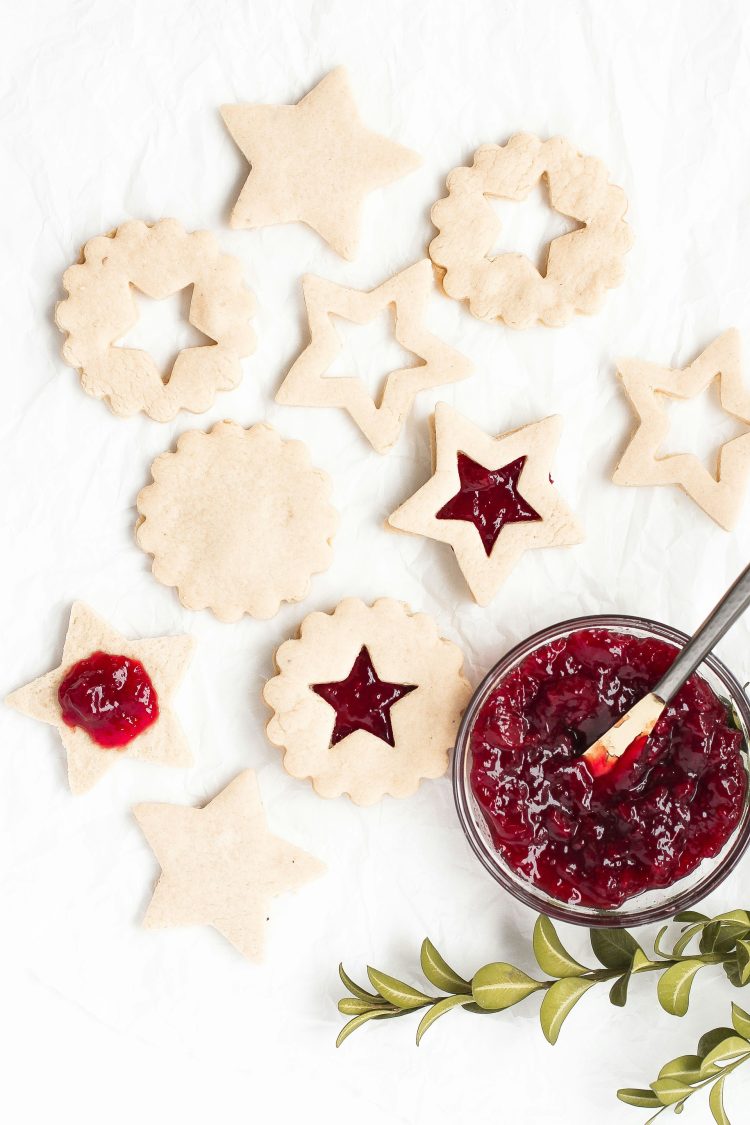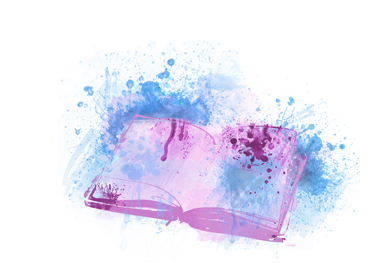In A Jam Pickle
Q.
If one must be submerged in a foodstuff, jam is not the worst host. Why, then, does the phrase ‘in a jam’ mean that one is experiencing discomfort, a nuisance, a hard-to-escape situation?
.
A.
The ‘jam’ in ‘in a jam’ refers more to the idea of being physically jammed, or stuck – in a corner, between two unwieldy things. Not a great place to be.
.
Now, what about when we find ourselves ‘in a pickle?’ Another food-relevant reference, another thorny, disagreeable situation. How did pickles find themselves thus?
Not surprisingly, the pickles are a little more cagey with their origin story.
.
🥒 Bard of bards, Shakespeare, used the phrase in ‘The Tempest.’ But his pickle-in was more about being pickled, aka drunk.
Says King Alonso of jester Trinculo:
‘And Trinculo is reeling ripe. Where should they
Find this grand liquor that hath gilded em?’
Then some shade for Trinculo himself:
‘How cam’st thou in this pickle?’
And Trinculo slurs out:
‘I have been in such a pickle since I saw you
last that I fear me will never out of my bones…’
.
🥒 Some attribute ‘in a pickle’ to the 1500s Dutch whose phrase ‘sitting in the pickle’ might have described the jam-like mess we describe today.
.
🥒 Meanwhile, for some the answer is obvious: picture the poor cucumber, trapped in a pickling jar, helpless as evil brine sucks out its life force. In a pickle, indeed.
.
Header Photo: Ana Tavares








